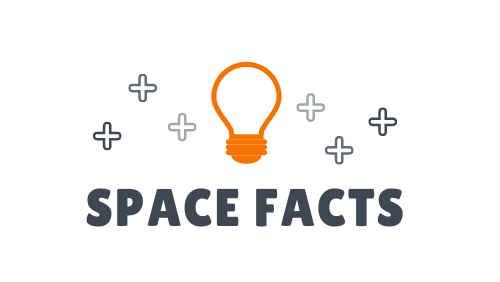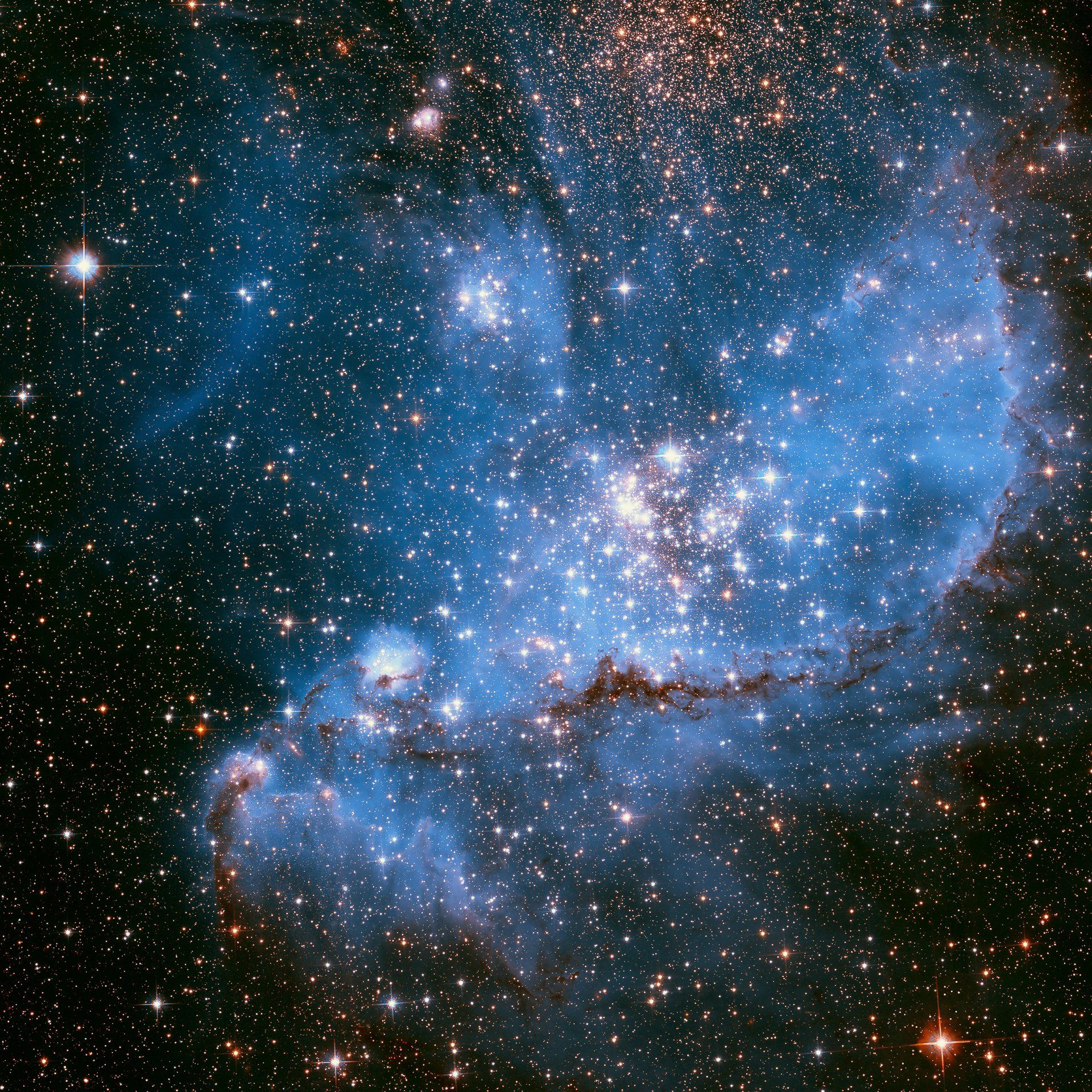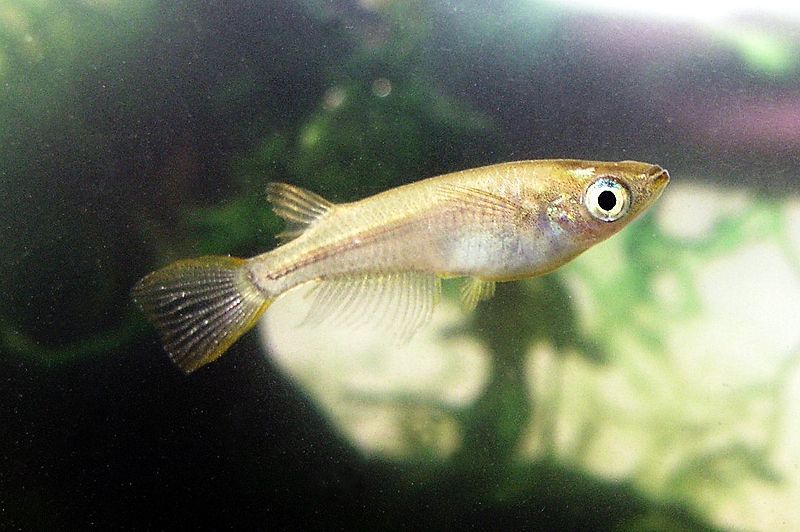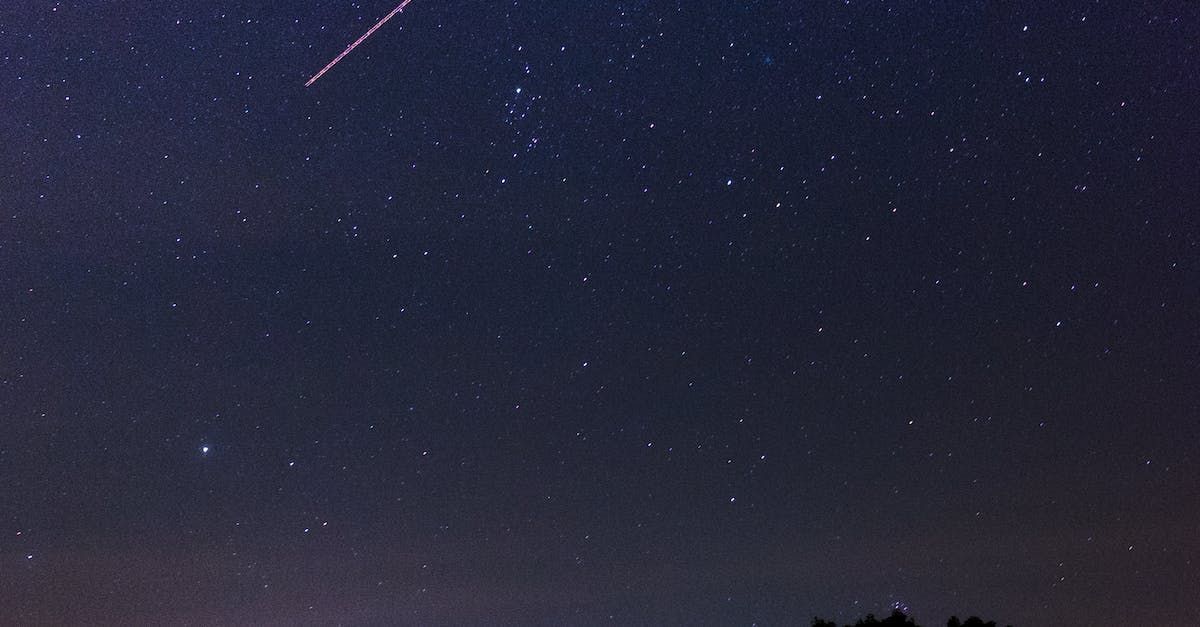What Conditions Do Astronauts Suffer From?
What Conditions Do Astronauts Suffer From In Space?
Around 50% of astronauts and cosmonauts experience Space Adaptation Syndrome (SAS), also known as space sickness, during their adjustment to microgravity. SAS is similar to motion sickness as the vestibular system of the body adapts to weightlessness.
What Is Space Adaptation Syndrome?
During the earliest spaceflights, space sickness was a relatively unknown phenomenon, likely due to the cramped conditions of the spacecraft. However, it appears to be more common in larger spacecraft where astronauts can move more freely. Approximately 60% of Space Shuttle astronauts experience it on their first flight, with the first known case being Gherman Titov in August 1961 aboard Vostok 2. Frank Borman on Apollo 8 and Rusty Schweickart on Apollo 9 experienced identifiable and severe symptoms, causing mission plans to be modified.
Symptoms of space sickness, similar to motion sickness, can range from mild nausea and disorientation to vomiting and intense discomfort. Approximately 50% of sufferers experience mild symptoms, while only 10% suffer severely. The most severe case on record was Senator Jake Garn's reaction in 1985. Symptoms typically last for 2-4 days.
Can Astronauts Take Anything For Space Adaptation Sickness?
Although modern medications can counter space sickness, they are rarely used, as it is preferable for astronauts to adapt naturally during the first days of a mission. NASA astronauts typically wear transdermal dramamine patches during launch and landing, and during EVAs as a backup measure, due to the danger of vomiting in an extravehicular suit. Mission-critical activities are generally not scheduled for the first days of a mission to allow for adaptation to zero-gravity.
© Copyright 2021 Space-facts.co.uk
View our other facts sites: www.animal-facts.co.uk










